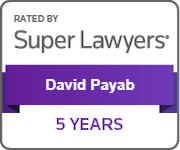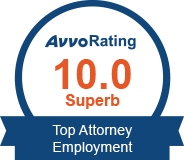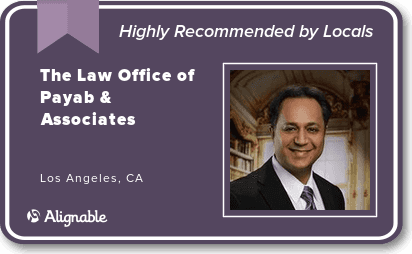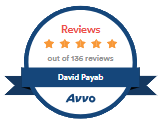Whistleblowing occurs when an employee reports illegal conduct at work that is not related to workplace rights.
For example, you are a whistleblower if you report that your company is cooking the books; engaging in shareholder fraud; producing faulty, dangerous, or mislabeled products; or lying on its tax returns.
An employer may not fire an employee for blowing the whistle on certain illegal activity. Some laws that prohibit certain types of unethical or illegal corporate behavior explicitly protect employee whistleblowers.
For example, the Sarbanes-Oxley Act, passed in 2002 to protect investors from corporate financial wrongdoing, includes whistleblower protections for employees who report financial irregularities and shareholder fraud.
Some states also have laws that allow employees to sue their employers for wrongful termination in violation of “public policy.” These types of claims may include protection from termination for a variety of reasons that the public would find morally wrong.
However, state laws vary as to the specific type of activity that is protected. For example, some states allow public policy claims only if a state law explicitly provides whistleblower protection (for example, a state law protecting nurses who report unsafe conditions at hospitals).
Other states allow public policy claims whenever an employee reports a violation of a law that was intended to protect the public. You’ll need to talk to an experienced employment lawyer to find out whether you can bring this type of claim in your state for the legal violation you reported.
If you are fired for refusing to engage in illegal behavior, you may also have a wrongful termination claim. For example, if you are fired because you refuse to lie to a government auditor or file a false corporate tax return, you may be able to sue for wrongful termination in violation of public policy.
Retaliation and whistleblowing claims can be legally complicated. The rules for bringing these claims may vary from state to state, as explained above.
An experienced lawyer can help you determine whether you have a claim based on a specific statute or a violation of public policy.
Prepare for your first meeting by creating a timeline of events: what led up to your complaint or your report, when you complained or tried to exercise your rights, and what happened as a result.

































